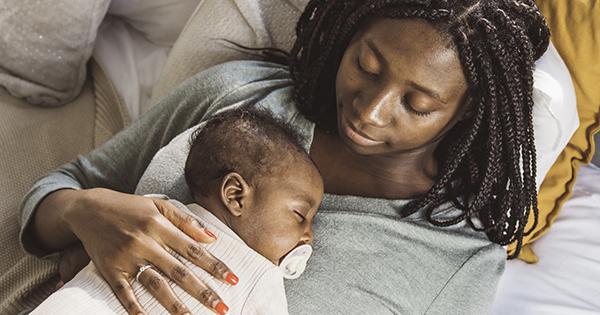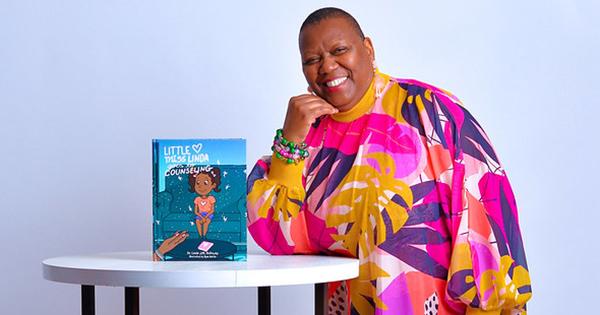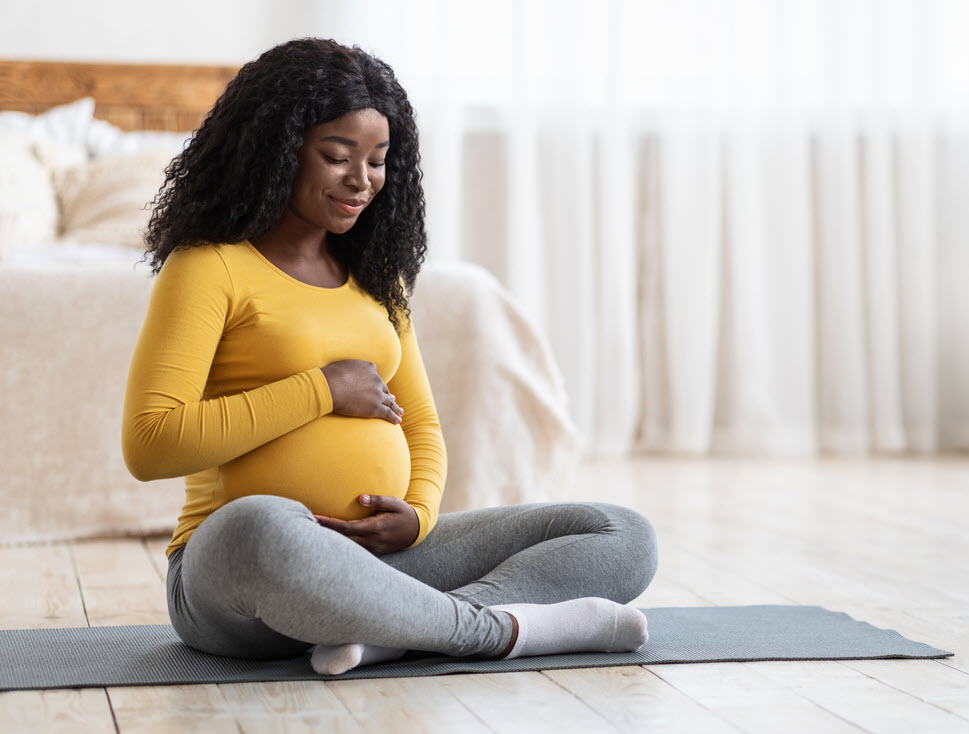Maternal health bills move forward, now Youngkin holds the final say
by Charlotte Rene Woods, Virginia Mercury
For the first time in her career, Nichole Wardlaw feels like policymakers are finally listening — not just to her, but to Black maternal health professionals and the patients they serve.
“I feel like I’ve been seen and heard, and I’ve been doing this work for a long time,” said Wardlaw, a certified nurse midwife with two decades of experience.
Wardlaw has been a steady presence for parents in need, but in recent years, Virginia lawmakers have also begun to take notice. Their efforts, shaped by voices like Wardlaw’s, have led to a slate of maternal health-focused bills moving through the General Assembly — collectively dubbed the “Momnibus” package.
The legislative push follows last fall’s Black Maternal Health Summit at the Virginia Capitol, where medical professionals, advocates, and lawmakers from across the state and beyond convened for roundtable discussions and panels.
Alongside these conversations, a rural health committee spent months touring Virginia, gathering firsthand accounts of maternal care gaps in underserved communities.
The result: a range of proposals aimed at addressing disparities, from requiring implicit bias training for medical license renewals to strengthening obstetrics training in hospitals and expanding support for midwives and doulas — both critical players in bridging maternal healthcare gaps.
One piece of the package, Senate Bill 1352, sponsored by Sen. Kannan Srinivasan, D-Loudoun, builds on a 2021 law that allowed midwives to establish private practices after completing 1,000 hours under agreements with other physicians. His proposal, along with House Bill 1635 by Del. Joshua Cole, D-Spotsylvania, would extend that opportunity to other types of midwives, expanding access to maternal care statewide.
For Wardlaw, spending 15 years working in hospitals revealed a stark reality — many Black patients didn’t feel safe in those settings. Now, as a certified nurse midwife providing care outside hospital walls, she’s able to meet clients where they are, which is especially critical for rural patients who face longer travel times after a wave of obstetrics unit closures in recent years.
“What I was finding is that being in the hospital was not beneficial for many Black women,” Wardlaw said. “A lot were leaving the hospital system because they were afraid.”
Studies show Black parents-to-be experience disproportionately negative maternal health outcomes, often due to provider bias. Black women are also more likely to die from pregnancy-related complications, a disparity confirmed by Virginia’s Maternal Mortality Review Team.
Still, unassisted home births can pose risks if medical complications arise, making midwives like Wardlaw an essential bridge in maternal care. Certified nurse midwives are not only registered nurses but also trained specialists in pregnancy, childbirth, and postpartum care. Other types of certified midwives may come from different healthcare backgrounds but provide similarly vital services.
Several bills in the “Momnibus” package focus on strengthening midwifery. House Bill 1923, sponsored by Del. Jeion Ward, D-Hampton, seeks to establish pay parity for midwives, while HB 1904, from Del. Rodney Willett, D-Henrico, would ensure midwives and nurse practitioners have 24-hour on-call services.
Katie Page, a certified nurse midwife serving Farmville and Lynchburg, sees this legislative session as a turning point. She recalled speaking with lawmakers last summer when the rural health committee visited Farmville, urging them to find ways to support midwifery.
“Magic” is happening around maternal health support this legislative session, Page said.
Access to maternal care remains a challenge in Virginia, where 15% of residents lack a birthing hospital within a 30 minute drive, according to a March of Dimes report. Last year, lawmakers allocated state funding to expand OB-GYN and family medicine residencies, hoping to strengthen the workforce. But while doctors trained in Virginia sometimes leave for other states, midwives tend to remain in the communities they serve.
Still, Page is encouraged by lawmakers’ effort to support a broad range of maternal health professionals and the governor’s expressed support for addressing maternal healthcare.
“I’m glad to see lawmakers taking a both/and approach rather than an either/or one” Page said.
Wardlaw had high hopes for HB 2102, sponsored by Del. Michael Feggans, D-Virginia Beach, which would have made pregnancy an automatic qualifier for Medicaid enrollment. However, the measure failed.
Youngkin has signaled support for some maternal health initiatives, including funding doulas and perinatal hubs in his proposed budget amendments. But he could still block certain bills that reach his desk.
One proposal that previously met resistance is SB 740 by Sen. Mamie Locke, D-Hampton, and HB 1649 by Del. Cliff Hayes, D-Suffolk, which would require implicit bias training for medical professionals during license renewals. Sen. Chris Head, R-Botetourt, co-patroned Locke’s bill this year, but a similar measure was rejected in 2023.
Rather than outright vetoing it last time, Youngkin proposed an amendment requiring two hours of continuing education on maternal health disparities instead of a broader bias training program.
Locke rejected the revision, arguing that his approach fell short.
It was “a case of unconscious bias and a lack of cultural competency,” she said.
With the 2025 legislative session wrapping up this week, Youngkin has until March 24 to sign, veto or amend the maternal health bills that make it to his desk.
(Virginia Mercury is part of States Newsroom, a nonprofit news network supported by grants and a coalition of donors as a 501c(3) public charity. Virginia Mercury maintains editorial independence. Contact Editor Samantha Willis for questions: info@virginiamercury.com.)



